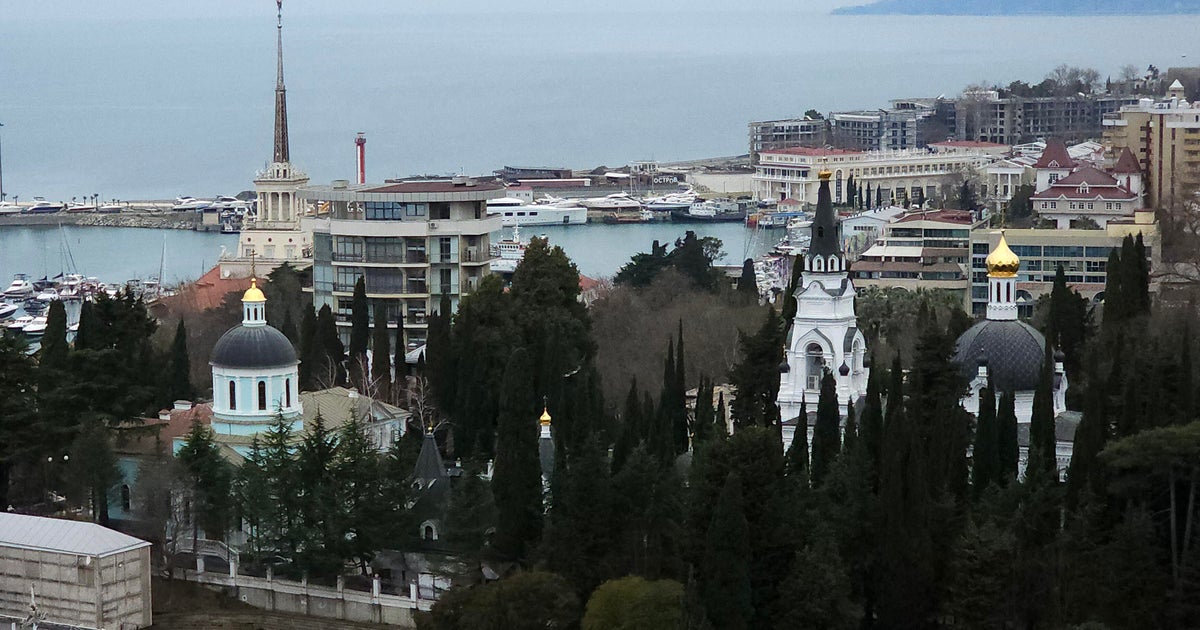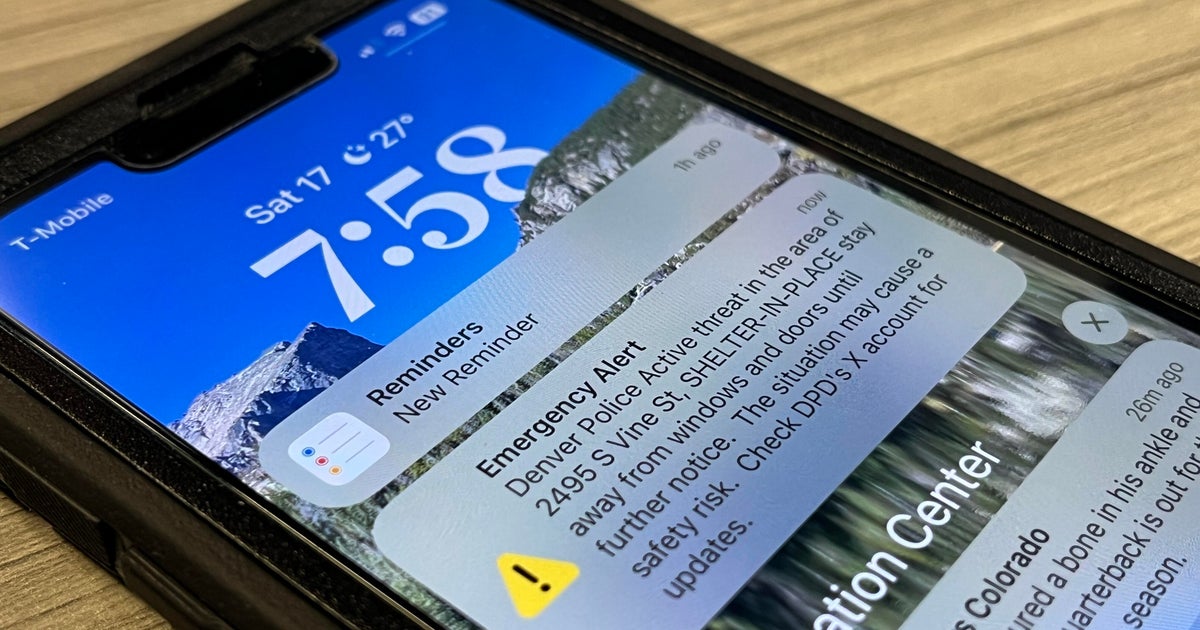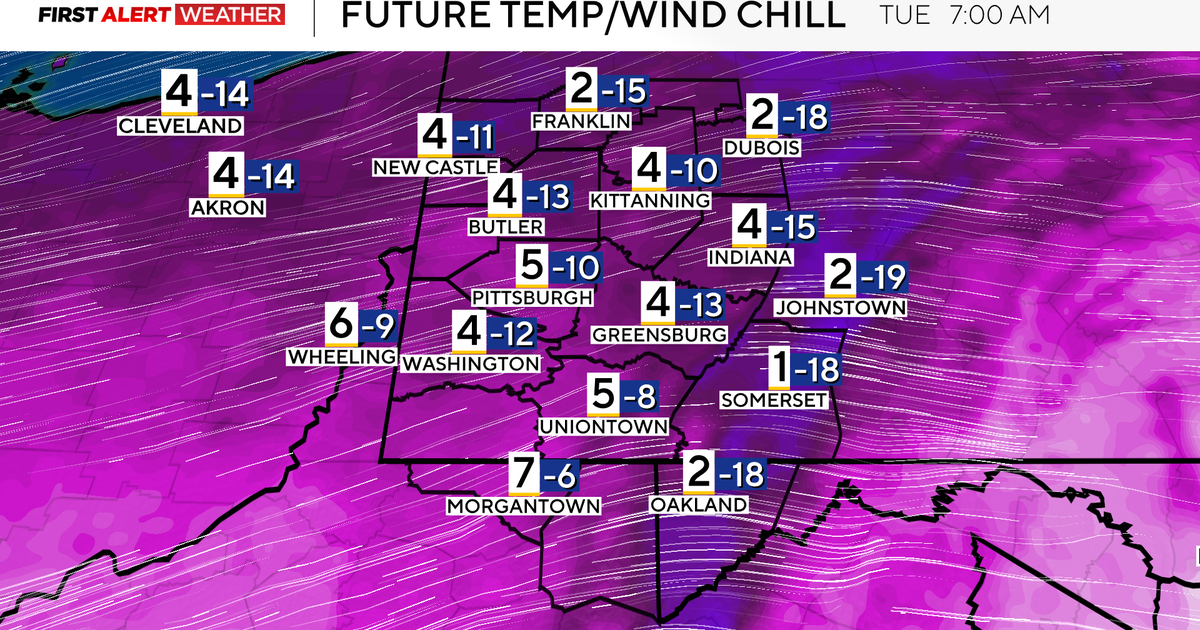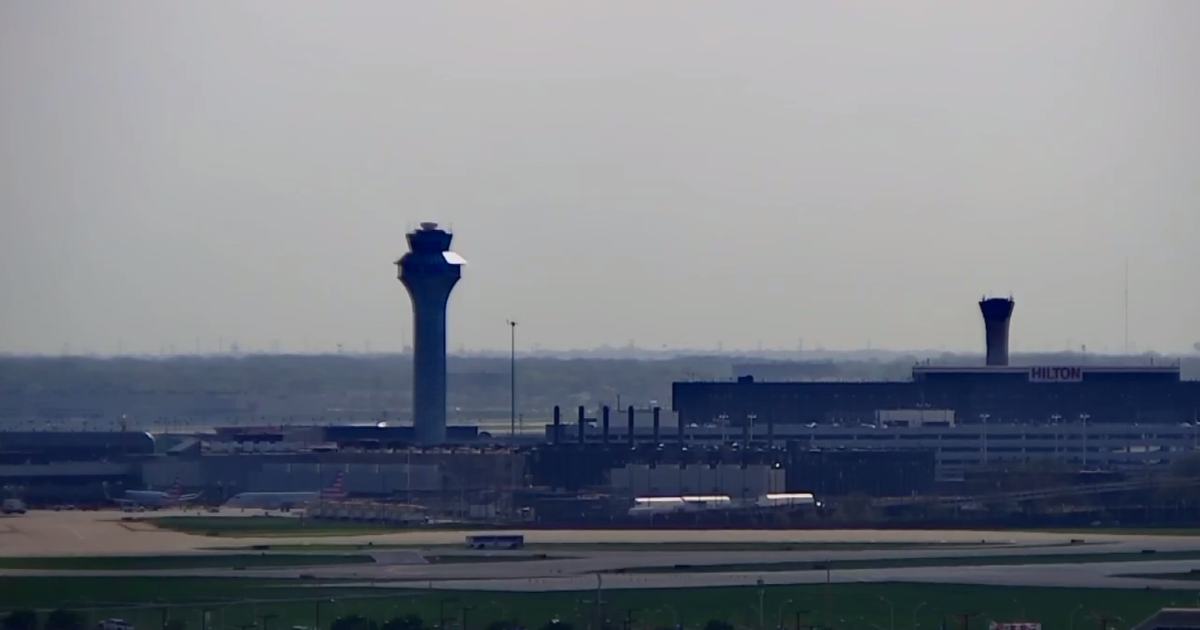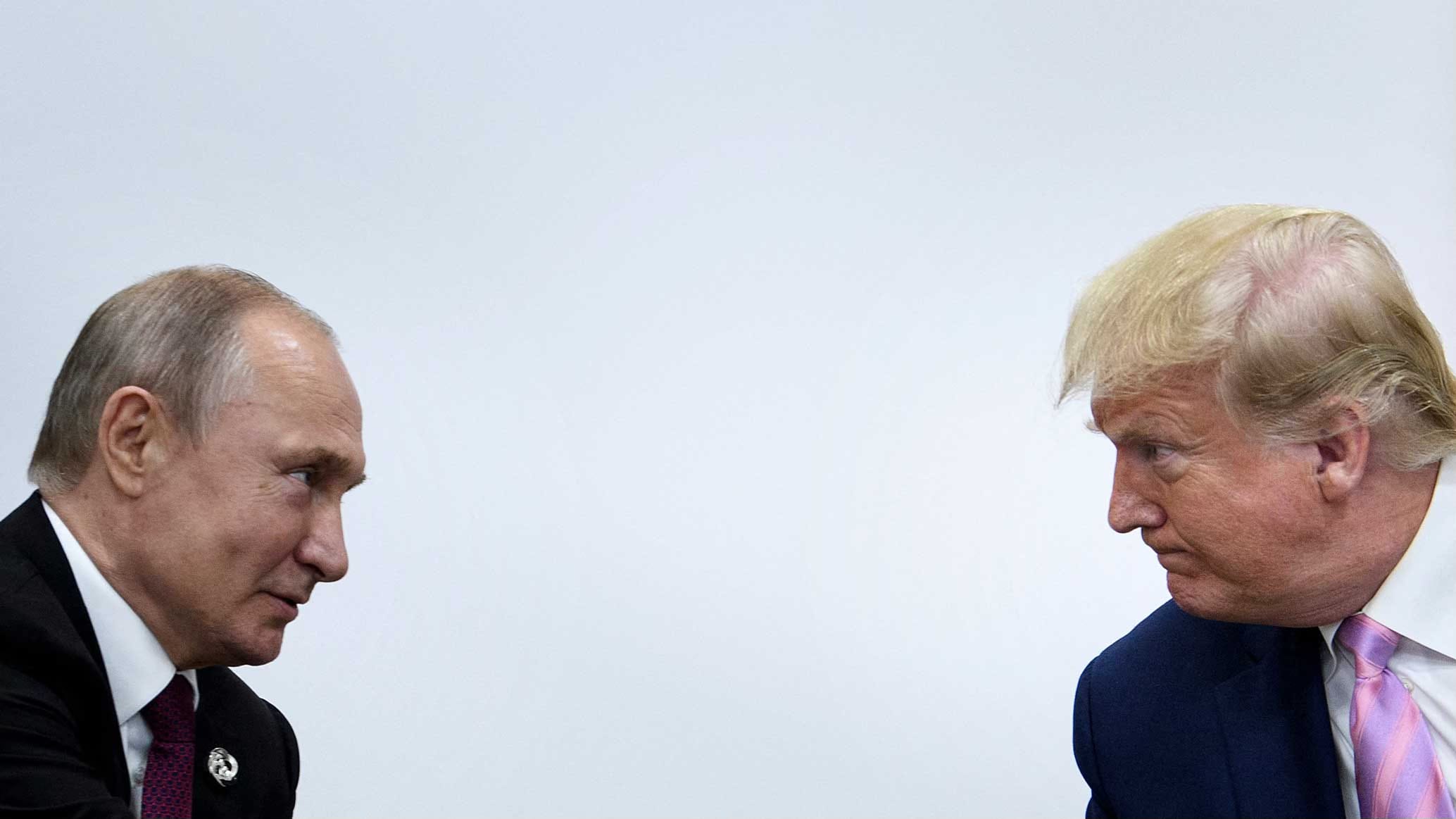Russia says Putin visited occupied Ukraine region as G7 condemns "irresponsible nuclear rhetoric"
Russian President Vladimir Putin paid a new visit to Russian-occupied parts of Ukraine, Russian officials said Tuesday, in what would be his second trip to the country in just two months. An undated video released by the Kremlin and broadcast on Russian state media appeared to show Putin arriving by helicopter at a Russian command post in an occupied area of the Kherson region and then traveling to the Russian National Guard headquarters in the neighboring Luhansk region.
Kremlin spokesman Dmitry Peskov said the visit took place on Monday, though the exact timing and locations were not disclosed and CBS News could not independently verify the authenticity of the video.
"It is important for me to hear your opinion on how the situation is developing, to listen to you, to exchange information," Putin was shown telling Russian commanders in the video.
Many Western leaders have visited Kyiv since Russia launched its full-scale invasion of Ukraine in February last year, but Putin has only made rare visits to Russian-occupied regions of the country. Last month he visited Crimea, a Ukrainian peninsula unilaterally annexed by Moscow in 2014, and the southeast city of Mariupol.
Both Russian and Ukrainian forces failed to make significant advances on the ground over the winter as battles for eastern cities like Bakhmut grinded on, resulting in huge losses for both sides.
Meanwhile, Group of Seven (G7) foreign ministers meeting in Japan, including U.S. Secretary of State Antony Blinken, issued a statement condemning Russia for announcing a plan to station "tactical nuclear weapons" in Belarus, just across Ukraine's northern border. It was the first time Russia has threatened to deploy nuclear weapons in another country since the Cold War. The G7 includes the United States, Canada, the United Kingdom, Italy, Germany, France and Japan.
"Russia's irresponsible nuclear rhetoric and its threat to deploy nuclear weapons in Belarus are unacceptable," the G7 said in a statement. "Any use of chemical, biological or nuclear weapons by Russia would be met with severe consequences."

